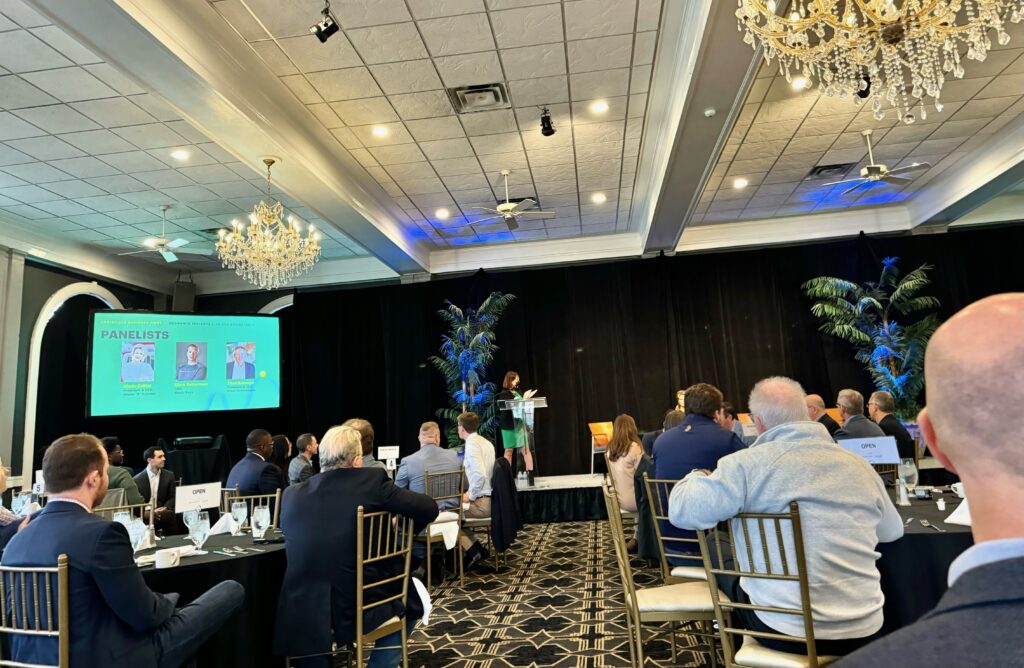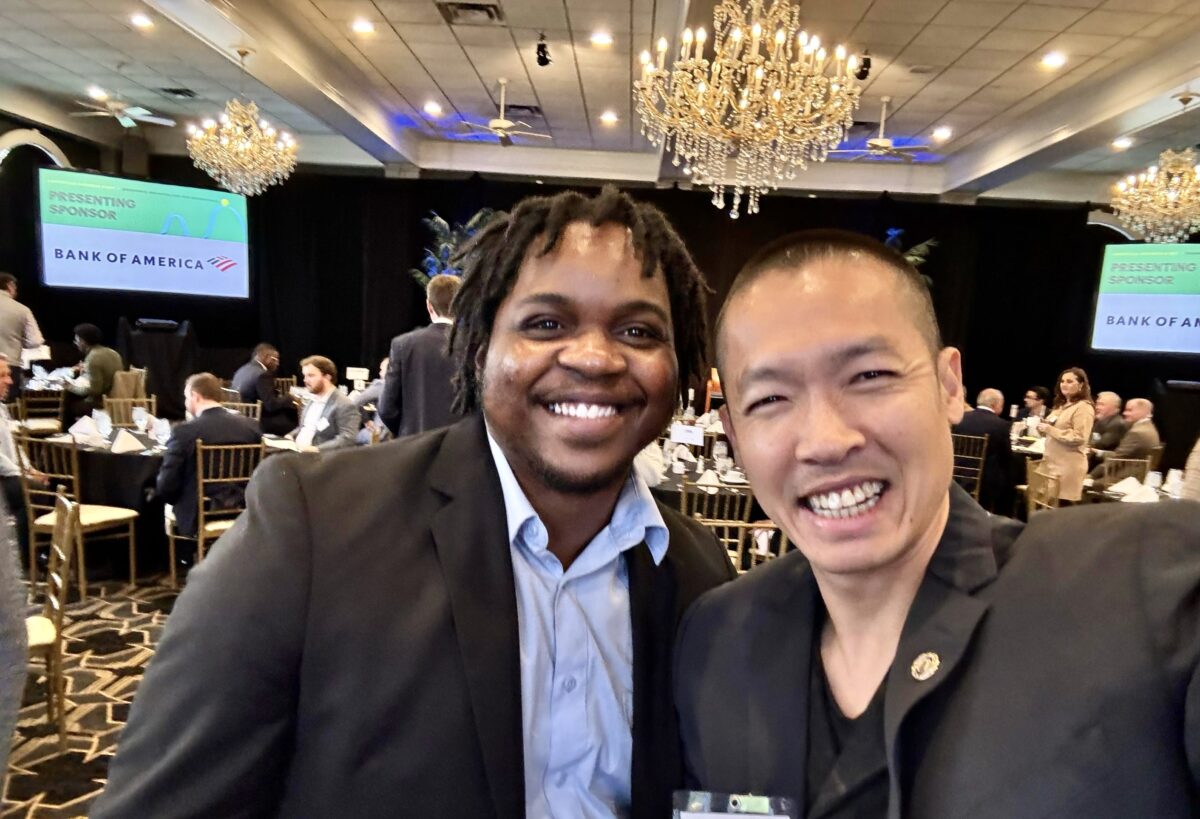Louisville Business First hosted its 3rd annual CEO Roundtable, offering valuable insights on the economic landscape from local business leaders. Di Tran, a multi-business owner, was among the attendees, captivated by the diverse perspectives on pressing challenges faced by businesses today. The event included panelists Cindy Collier, President and CEO of Mister P Express; Stacy Griggs, CEO of El Toro; Chris Ratterman, CEO of Shady Rays; and Thad Solomon, President and CEO of Steel Technologies LLC.
Key Discussion Points
1. Workforce Shortages and Vocational Education:
Panelists unanimously highlighted the difficulty in finding skilled workers—a challenge exacerbated by a national focus on college degrees at the expense of vocational training. Cindy Collier illustrated the potential in vocational paths, noting that truck drivers at her company can earn up to $150,000 annually without needing a college degree.
2. Inflation and Rising Costs:
All leaders expressed concern about inflation, especially its impact on fuel prices, which significantly affects operational costs in transportation. Collier emphasized that rising gas prices add considerable strain on her company’s financials.
3. Resilient Business Models and Financial Stability:
Di Tran was particularly impressed by Cindy Collier’s story of her father founding Mister P Express over 30 years ago. She shared how the company has thrived by operating with minimal debt, buying property and equipment outright, and maintaining lean operations. This debt-free model proved crucial for survival during the pandemic, offering financial flexibility amidst widespread economic uncertainty.
4. New Administration and Inflation Measures:
While the panel remained cautiously optimistic about the incoming administration’s approach to managing inflation, the CEOs collectively acknowledged the need for policy measures to control costs and support business growth.
5. The Role of AI and Innovation:
While AI is anticipated to impact many sectors, the panelists noted that human-to-human interactions remain essential in their industries, where personal relationships drive business. Innovation, they affirmed, should be embedded in company culture rather than isolated to a department.
This event underscored the challenges and resilience of local businesses as they adapt to economic shifts, maintain essential workforce relationships, and explore innovative yet grounded approaches for sustainable growth.













